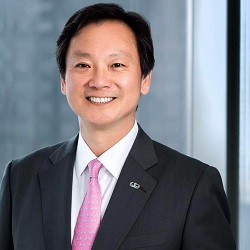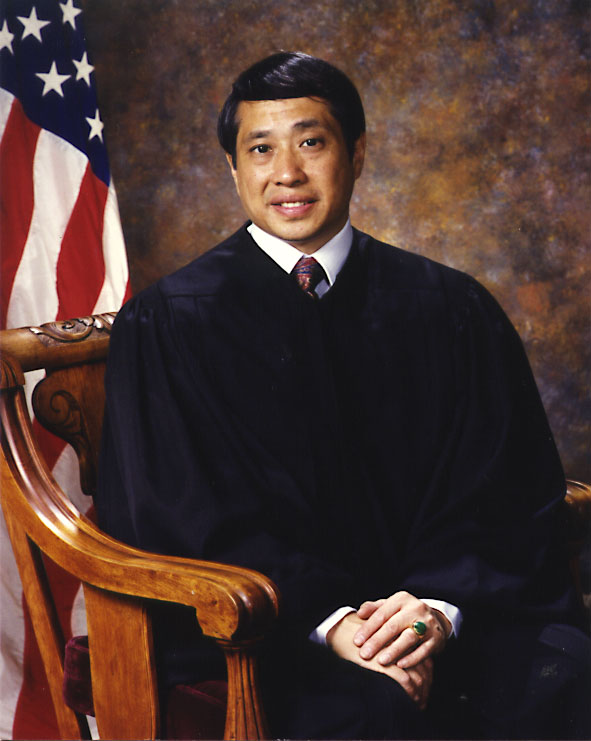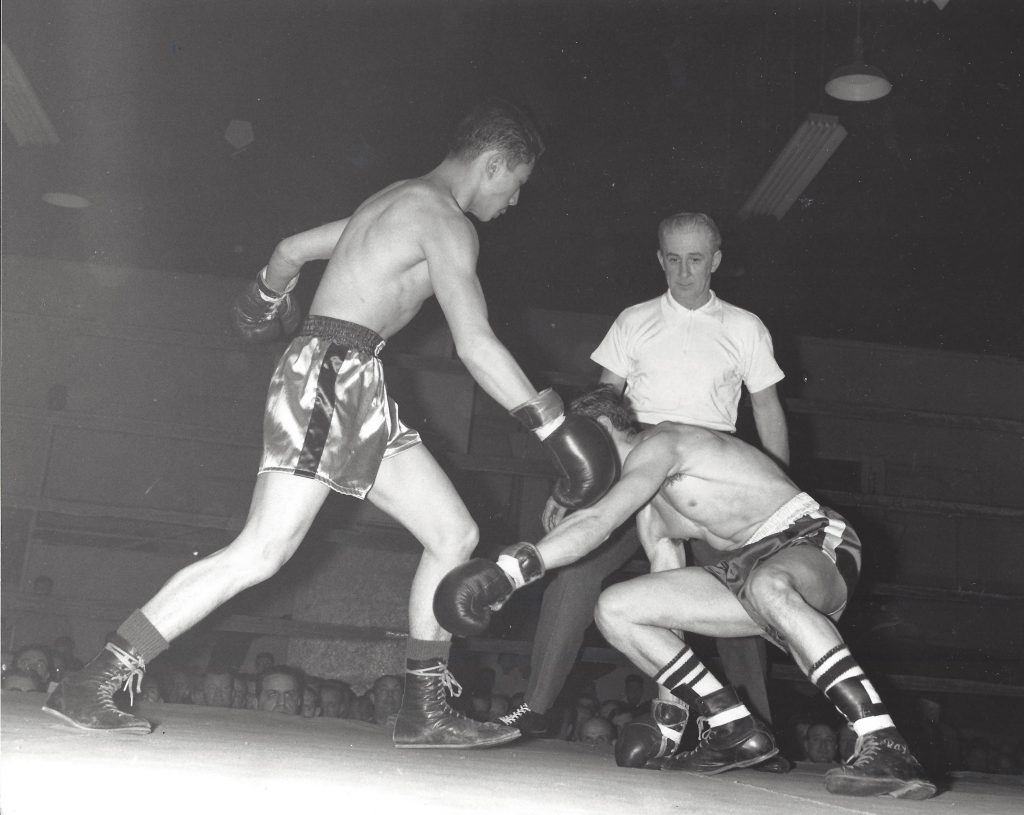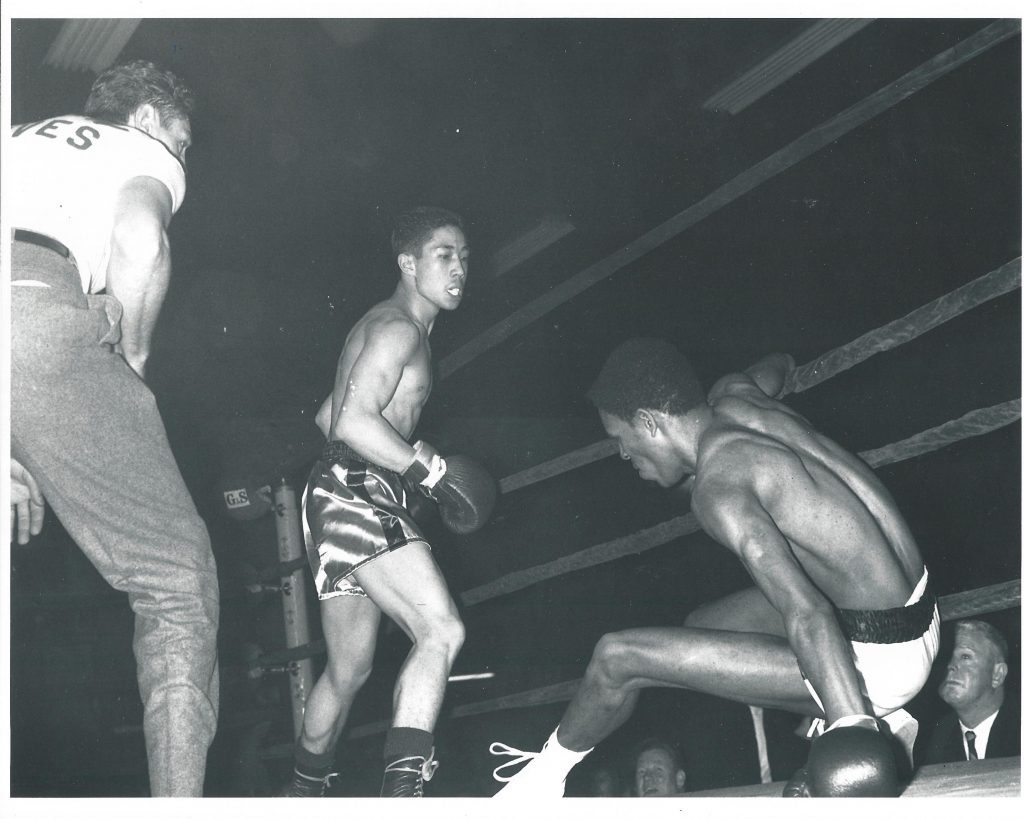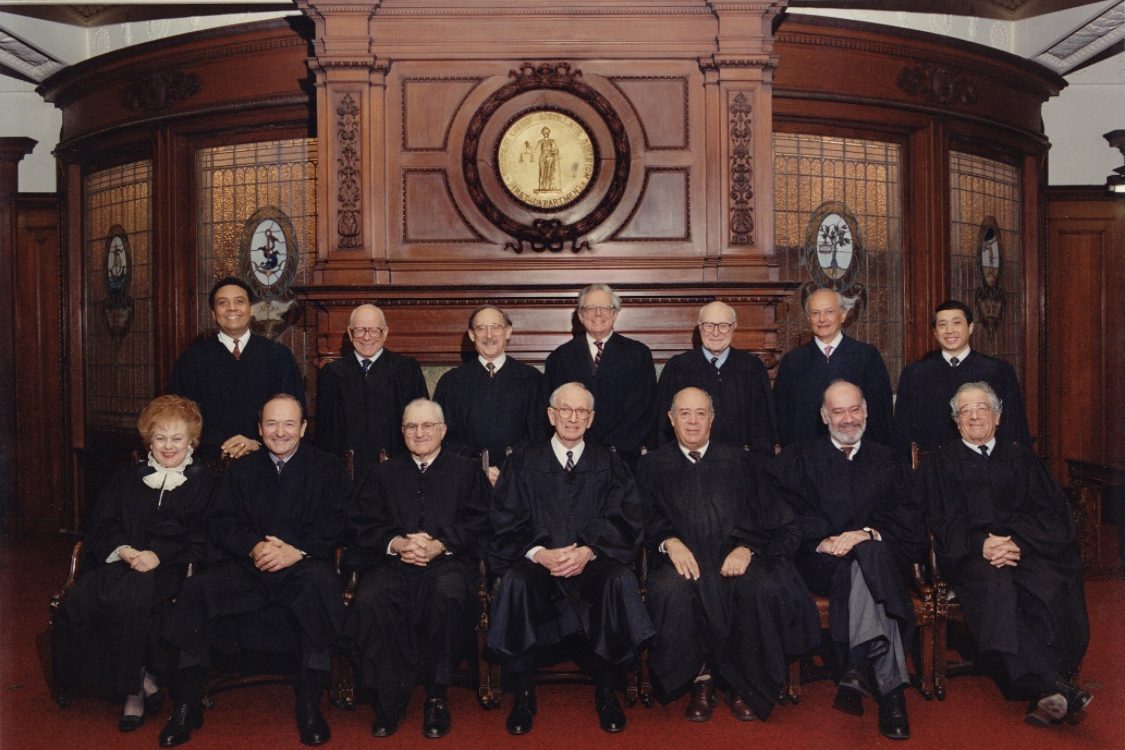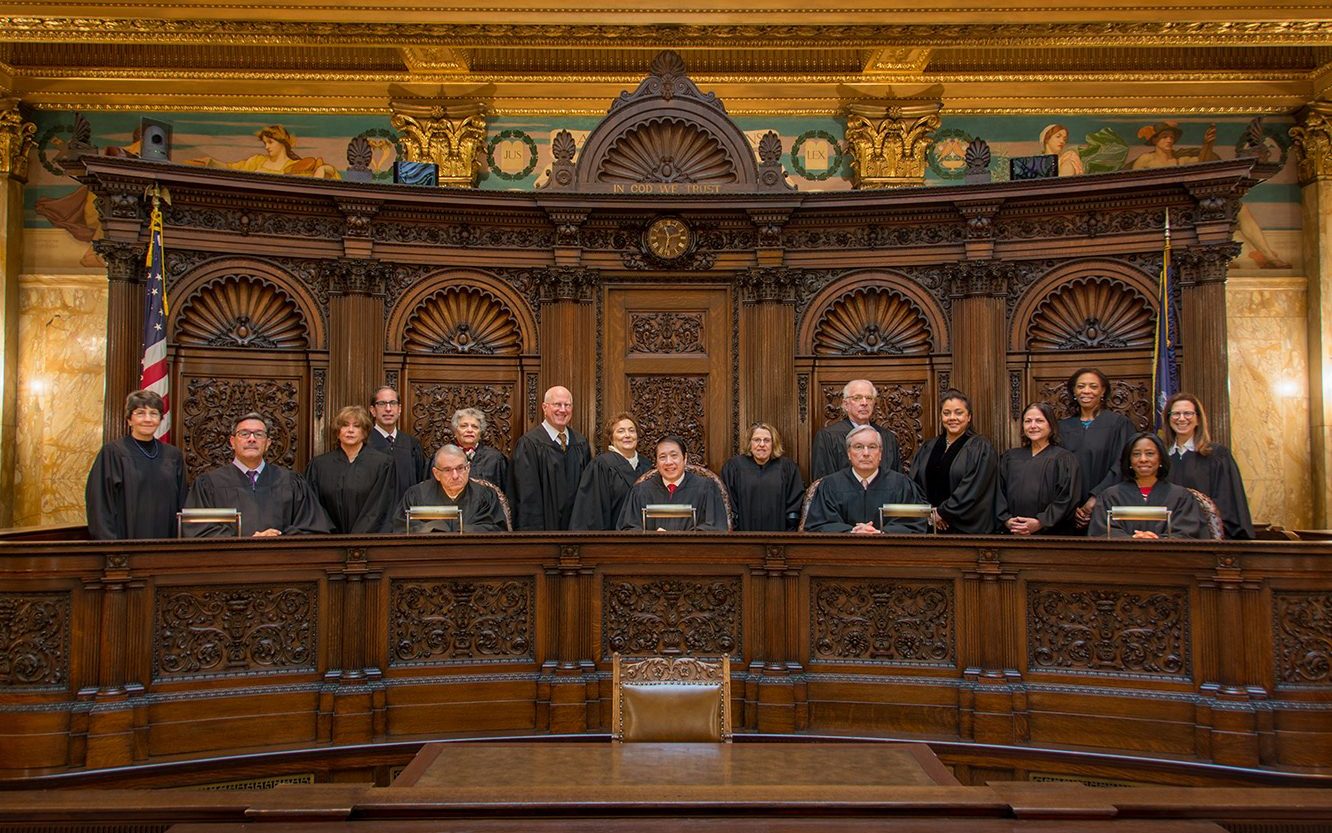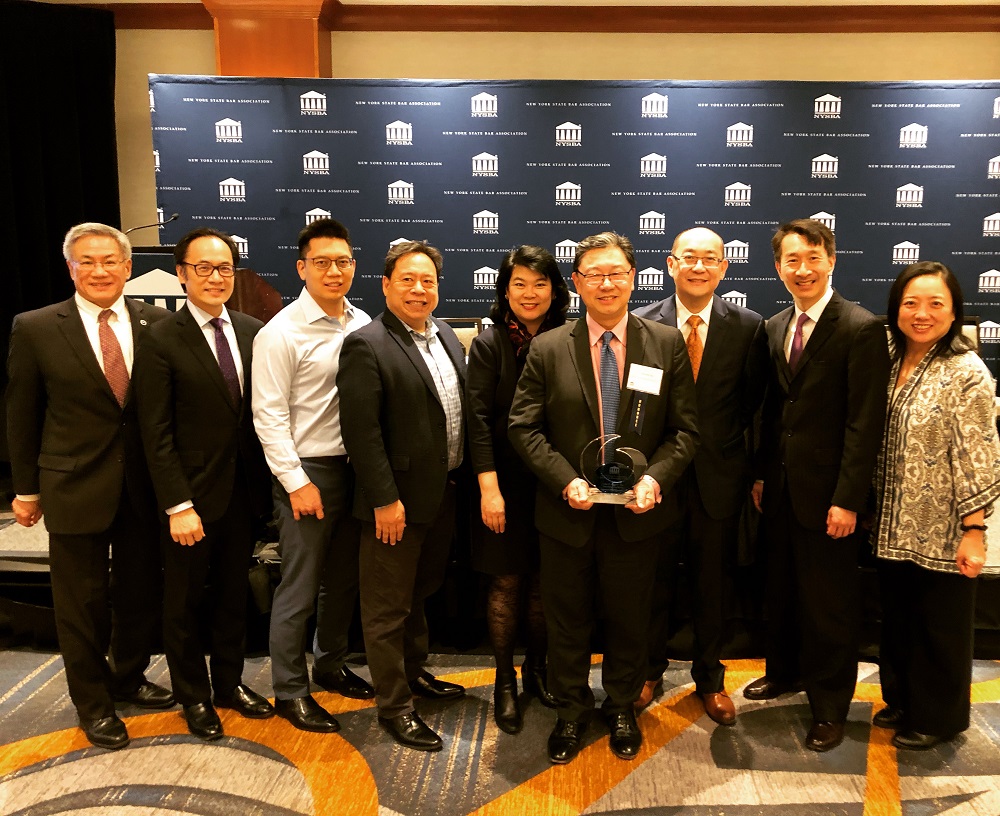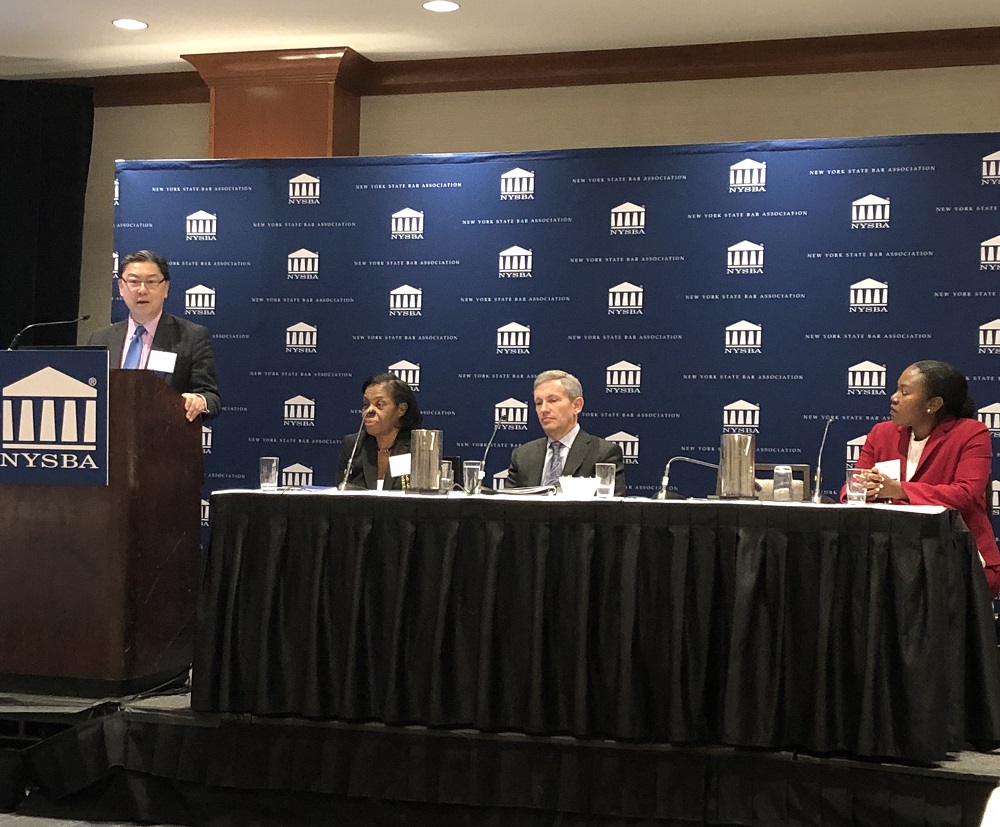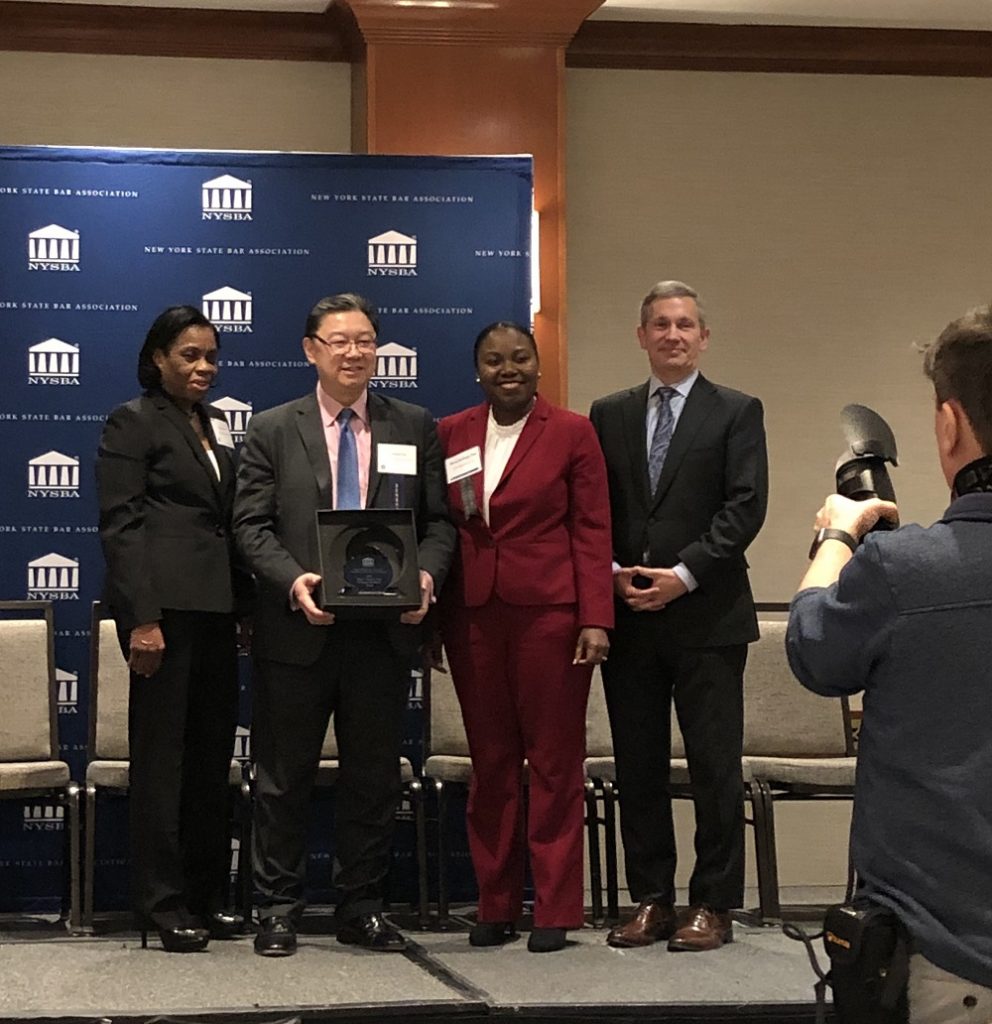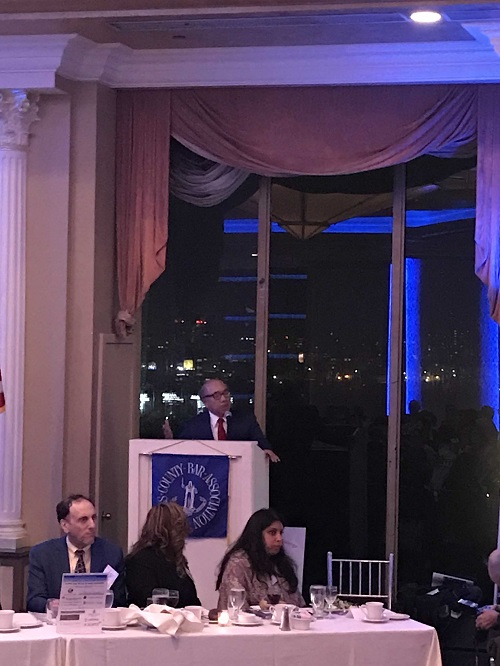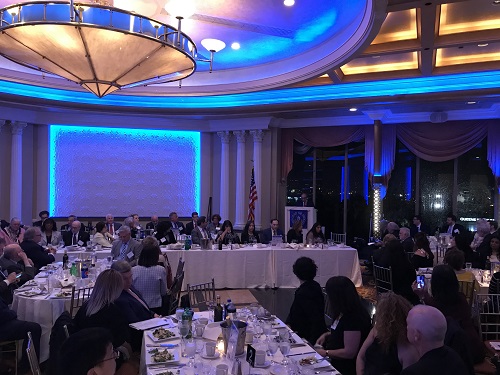
| For Immediate Release: October 20, 2025 | Contact: Priya Purandare Executive Director, NAPABA |
WASHINGTON — The American Bar Association’s Commission on Racial and Ethnic Diversity in the Profession has announced that past NAPABA President Sandra Leung will receive the 2026 Spirit of Excellence Award. Each year, the ABA honors lawyers who have excelled in their fields and who have demonstrated an abiding commitment to promoting diversity and inclusion in the legal profession. Earlier this year, NAPABA announced Sandra Leung as a recipient of its highest honor, the Daniel K. Inouye Trailblazer Award, in recognition of her achievements, commitment, and leadership in paving the way for advancement of other Asian Pacific, Native Hawaiian, and Pacific Islander lawyers.
An accomplished attorney, prosecutor, C-suite advisor, and champion for justice, Sandra Leung has broken down barriers in a distinguished career that saw her become the first Asian American woman to serve as an Assistant District Attorney in the Manhattan District Attorney’s office, and the first Asian American and the first woman to serve as general counsel for the global biopharmaceutical giant Bristol Meyers Squibb. As one of ten children born to Chinese immigrant parents who operated a Chinese restaurant in Stamford, Connecticut, and whose neighbors had circulated a petition in an attempt to block her family from moving in, Sandra Leung has displayed a lifelong commitment to speaking up for those facing inequality and prejudice.
“Sandy Leung has blazed trails and set a remarkably high standard of achievement and excellence for our bar,” said NAPABA President Thy B. Bui. “Not only has she walked the talk in terms of her dedication to uplifting attorneys of all backgrounds in the legal profession, but her unapologetic public commitment to diversity and justice has been an inspiration for me as president of NAPABA and for so many others.”
Over more than a three-decade long career at Bristol Meyers Squibb, Sandra built and led a world class team of approximately 200 attorneys and 480 professionals across 35 countries. Among her many accomplishments, she takes greatest pride in her unwavering commitment to nurturing diverse talent at every level of the profession—beginning with the BMS internship program she helped cultivate and which has now been aptly renamed the Sandra Leung Program on Law and Leadership in recognition of her enduring impact.
In addition to her tenure at Bristol Myers Squibb, Sandra has devoted her time, energy, and expertise to advancing the mission of numerous nonprofit organizations. She served on NAPABA’s Board of Governors from 2021 to 2024 and as NAPABA President from 2022 to 2023, where she worked to strengthen and expand the organization’s reach.
“Sandy’s deep commitment to our bar and the legal profession derives from a lifetime of advocacy for diversity and underserved communities,” said Priya Purandare, Executive Director of NAPABA. “I am grateful to Sandy for her leadership in not only guiding NAPABA with steady wisdom through a tremendous period of growth but also her dedication to advancing AANHPI lawyers and the communities they serve.”
Also receiving the 2026 Spirit of Excellence Award are:
- Hon. Marcella Holland, Circuit Administrative Judge, Baltimore City (ret.);
- Loren Kieve, Principal, Kieve Law Offices;
- Rosevelie Márquez Morales, Chief Inclusion Officer, Hogan Lovells;
- Hector Villagra, Vice President of Policy Advocacy and Community Education, Mexican American Legal Defense and Education Fund (MALDEF).
The 2026 Spirit of Excellence Awards will be presented during a ceremony at the 2026 ABA Midyear Meeting on February 7, 2026, in San Antonio, Texas.













